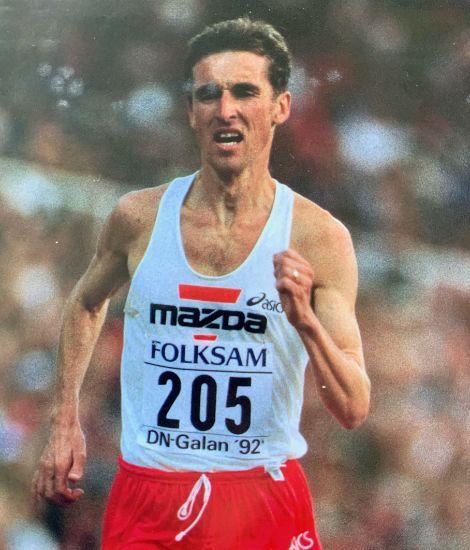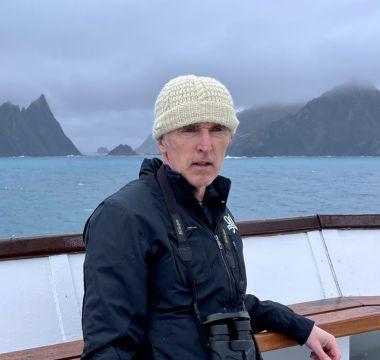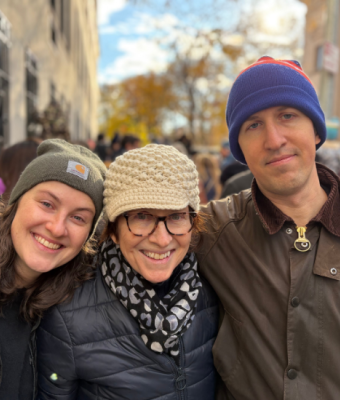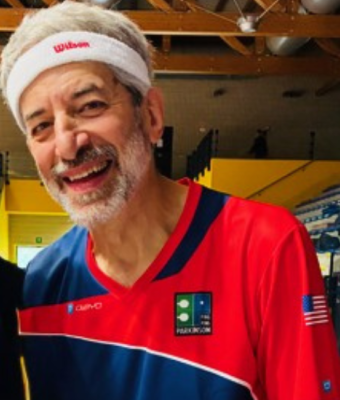My PD Story

Frank O’Mara
I am Frank O’Mara, and I was diagnosed with Parkinson’s disease (PD) in 2009. I was 48 years old.
As a kid I dreamed of being an explorer. My father took me to a pub called the South Pole, which was owned by Tom Crean, a veteran of polar exploration at the turn of the last century. Looking at the worn-out memorabilia displayed in that shabby pub in county Kerry, I resolved to one day make a trip to the pole.
In my teenage years I had more conventional ambitions, many of them I achieved. I became a three-time Olympian, a World Champion and broke a four-minute mile. My father finished school at 13 years of age, so I wanted an education. I have two graduate degrees. I worked for 14 years in the wireless industry and became a senior executive for a Fortune 200 Company. I had disappointments along the way too. Both successes and failures were formative.
Then my familiar world was turned upside down. The company I worked for was bought by a bigger rival, and the very next day I had the first symptom of a mystery disease. I was in severe denial. Eventually I accepted the reality that at 48 years of age I had Parkinson’s disease. I continued to work for a few years relying on trusted associates and various ruses and schemes until I could no longer hide the symptoms.
Contrary to a typical prognosis of young-onset Parkinson’s, my condition deteriorated much quicker than expected. I couldn’t walk, could barely talk, experienced extreme restlessness, suffered from debilitating and scary cramping and full-body tremors. I was in pitiful condition and relied heavily on my wife, family and friends to survive.
Deep brain stimulation (DBS) provided relief. Tiny holes were drilled through my skull, electrodes were implanted deep into my brain and attached to a pulse generator in my chest. This allowed voltage to constantly run to my brain, which serves to dampen the faulty signaling caused by Parkinson’s.

It took two years, but my condition improved sufficiently enough to make a trip to the Antarctic. I joined a National Geographic voyage from Ushuaia, Argentina, made the two-day crossing of the Drake Passage and was at Elephant Island on the 100th Anniversary of Ernest Shackleton’s death. I even managed to complete two extreme hikes on the continent.
I still struggle with acceptance, and I know I can’t beat Parkinson’s. I have learned that if you fixate on future symptoms, you could be paralyzed with fear. You have to play the cards that you currently hold and not a hand you may be dealt later.
In a book titled “Bend Don’t Break,” I recall experiences in my earlier days that prepared me for this hardship. Some were successes, many were failures but each help me cope today. Bend Don’t Break will be published in 2024.
New to Parkinson’s? Explore our Newly Diagnosed resources designed to help you live better with Parkinson’s.
Related Materials
More Stories
from the Parkinson's community


